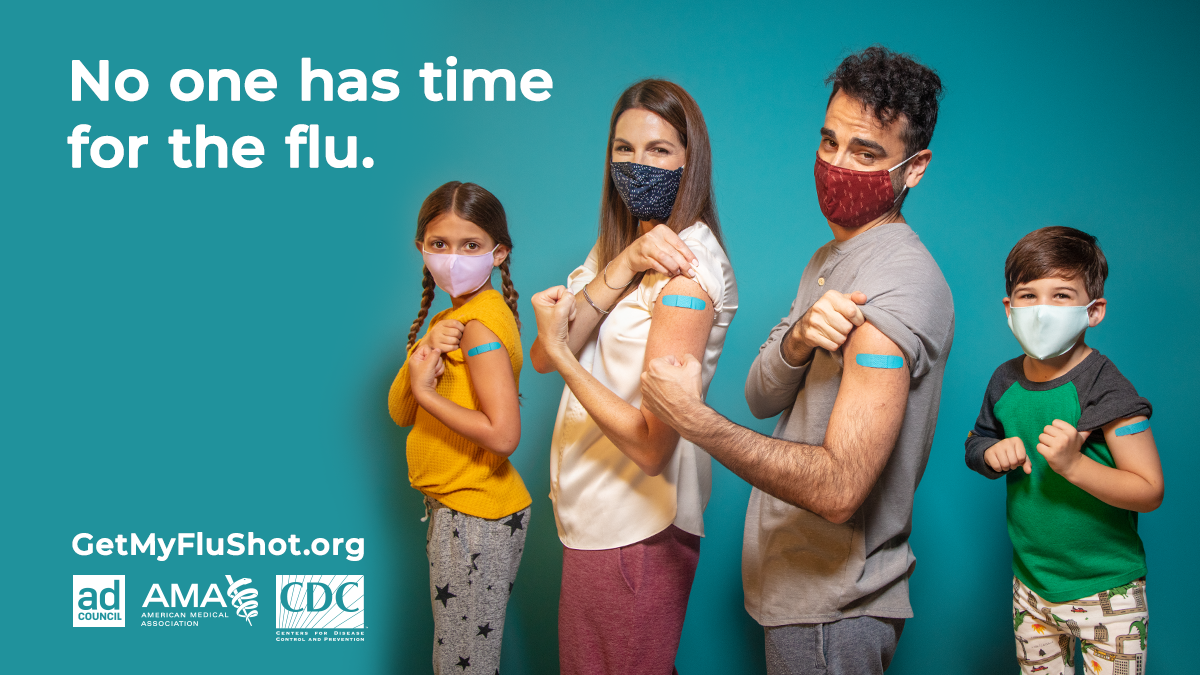Adult Influenza Vaccine Initiative
Adult Influenza Vaccine Initiative
The severity of Influenza (flu) during a season is unpredictable. Vaccination each year is the best way to reduce the risk of getting the flu and spreading it to others. Your immunization not only protects you but your family and friends as well.
The Adult Flu Vaccine Initiative was created to provide an allocation of flu vaccine for adults aged 19 years and older who do not have insurance. Refer to the list of healthcare facilities to find a location near you to get vaccinated. Other Influenza resources are also available below.
Adult Influenza
For adult influenza recommendations, click below:Adult Influenza Recommendations
For influenza information specific for people 65 years and older, click below:
Influenza for 65 Years and Older
Children Birth to 18 Years
Flu vaccines, in addition to all ACIP recommended vaccines, are always available for low or no cost through the Vaccines for Children (VFC) Program. For more information, click below:VFC Providers
Vaccine Finder
If you have insurance and want to find the most convenient location to get you and your family vaccinated, click below:
Go to Vaccine Finder
